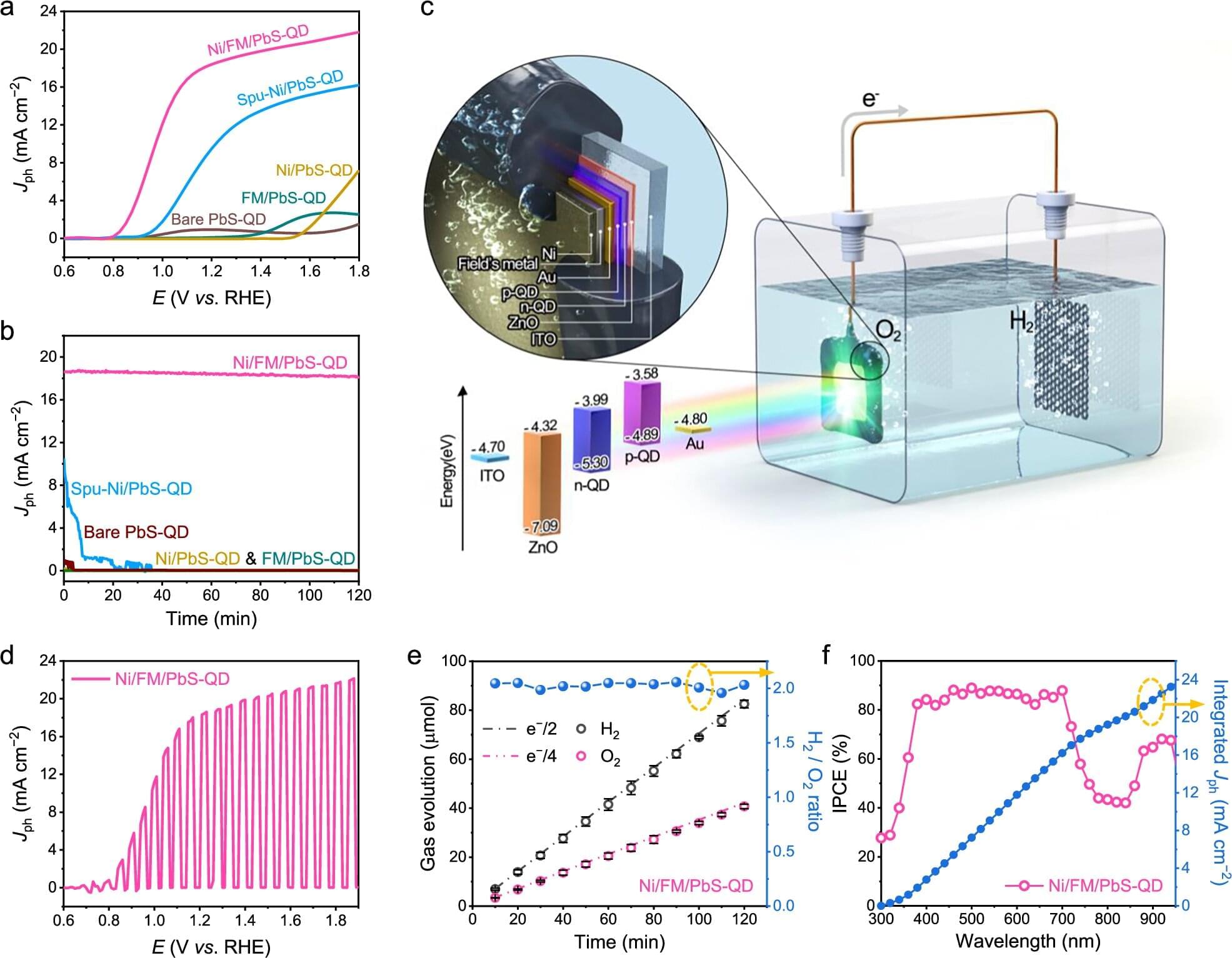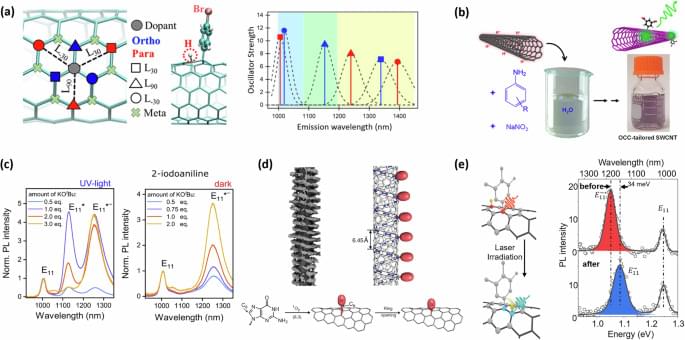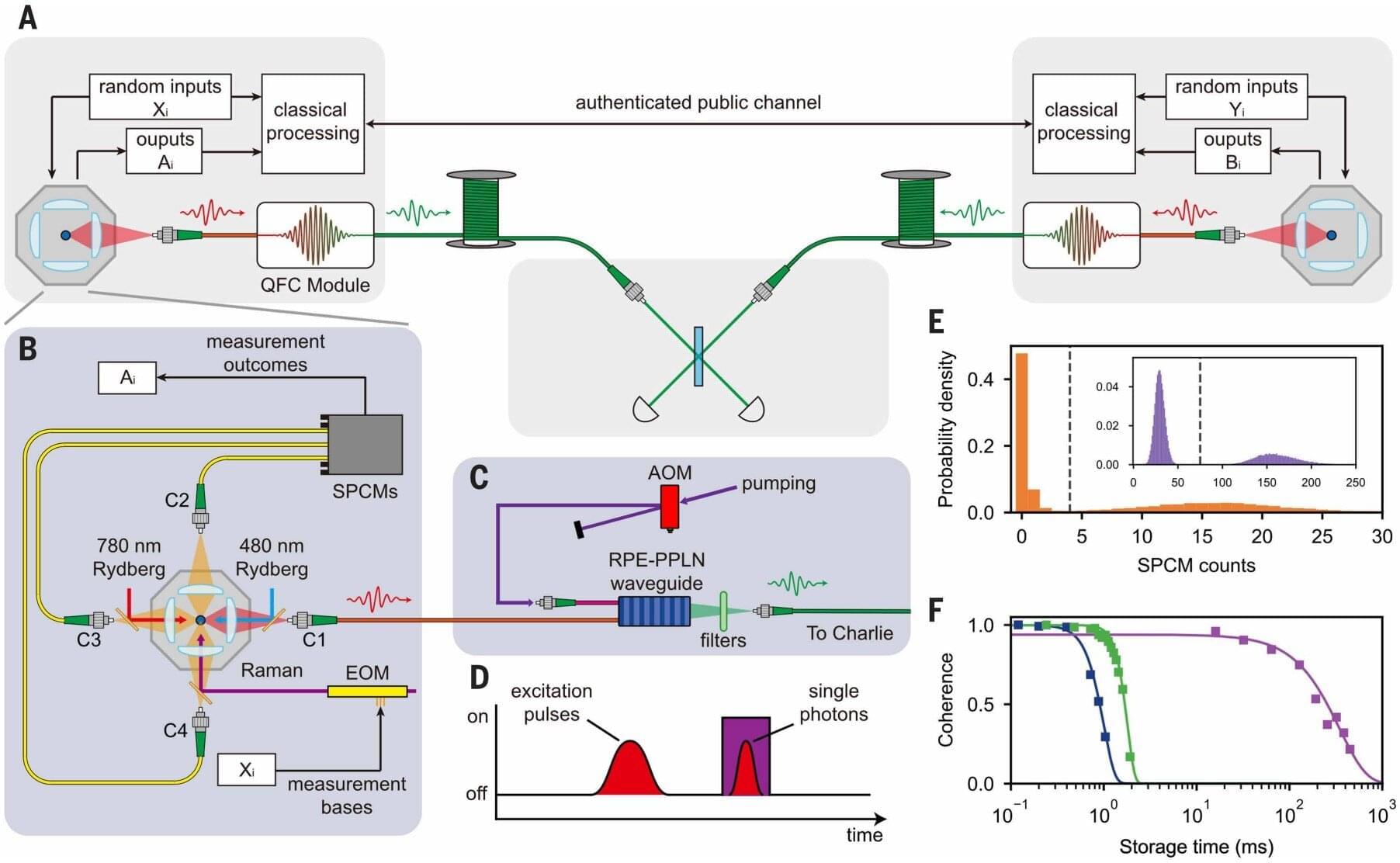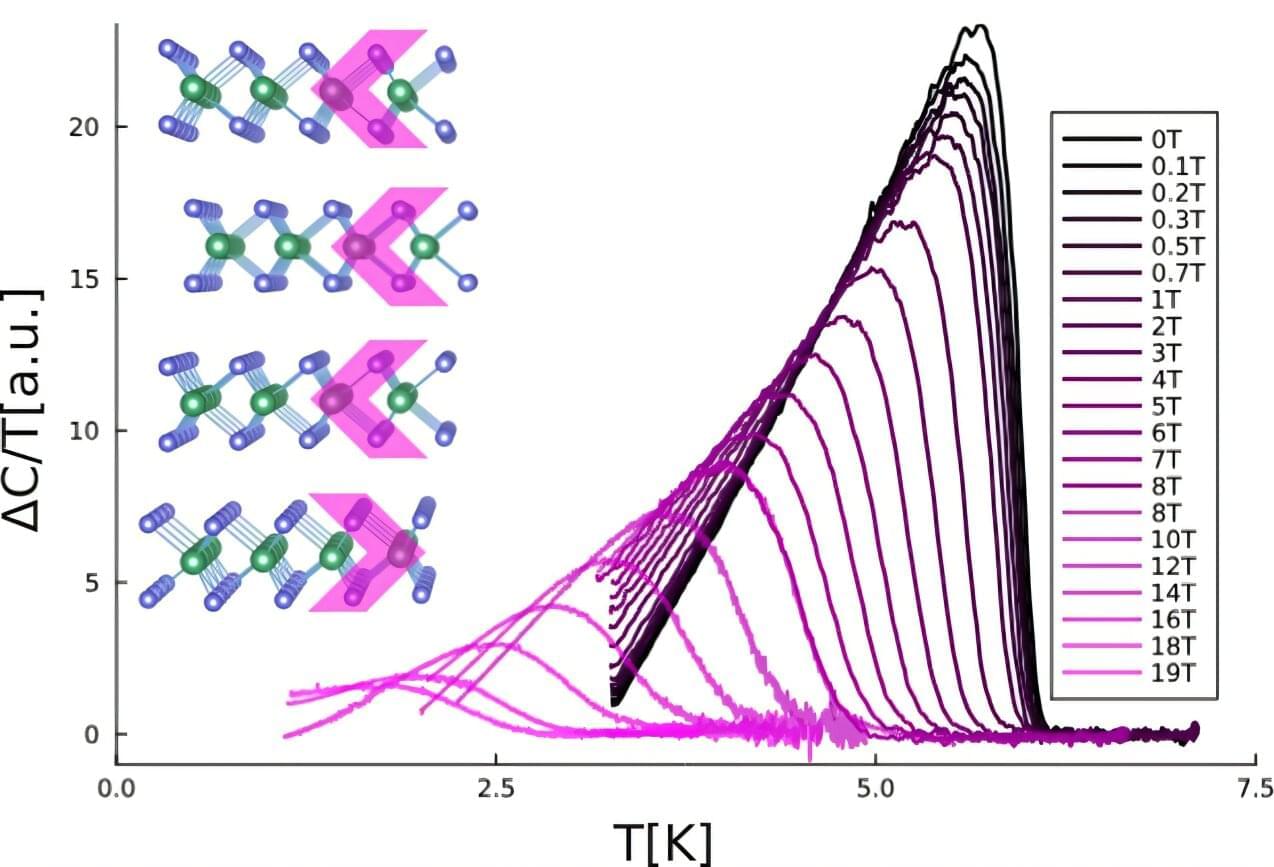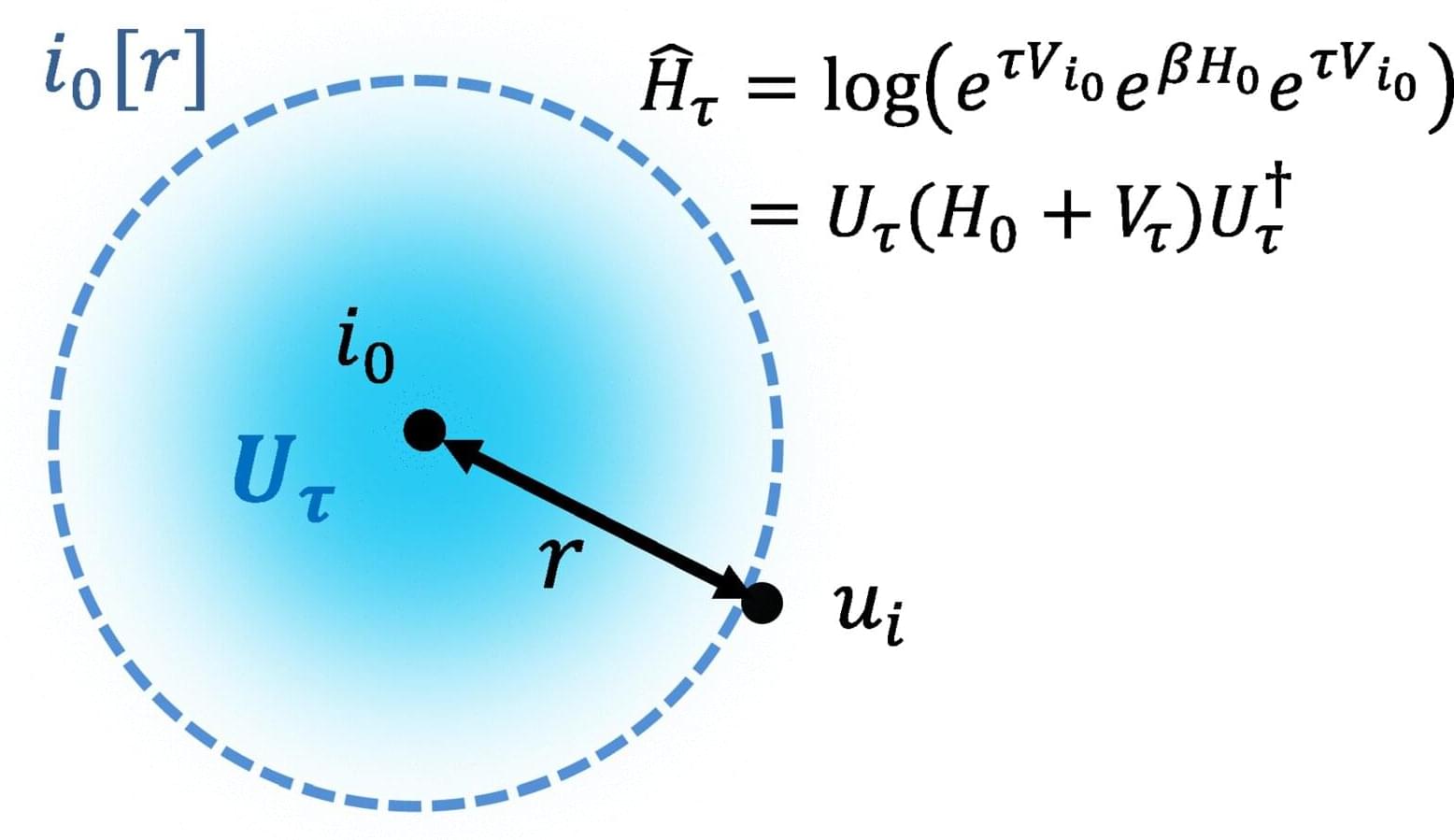Entropy is one of the most profound and misunderstood concepts in modern science — at once a physical quantity, a measure of uncertainty, and a metaphor for the passage of time itself. Entropy: The Order of Disorder explores this concept in its full philosophical and scientific depth, tracing its evolution from the thermodynamics of Clausius and Boltzmann to the cosmology of the expanding universe, the information theory of Shannon, and the paradoxes of quantum mechanics.
At the heart of this study lies a critical insight: entropy in its ideal form can exist only in a perfectly closed and isolated system — a condition that is impossible to realize, even for the universe itself. From this impossibility arises the central tension of modern thought: the laws that describe equilibrium govern a world that never rests.
Bridging physics, philosophy, and cosmology, this book examines entropy as a universal principle of transformation rather than decay. It situates the second law of thermodynamics within a broader intellectual landscape, connecting it to the philosophies of Heraclitus, Kant, Hegel, and Whitehead, and to contemporary discussions of information, complexity, and emergence.

